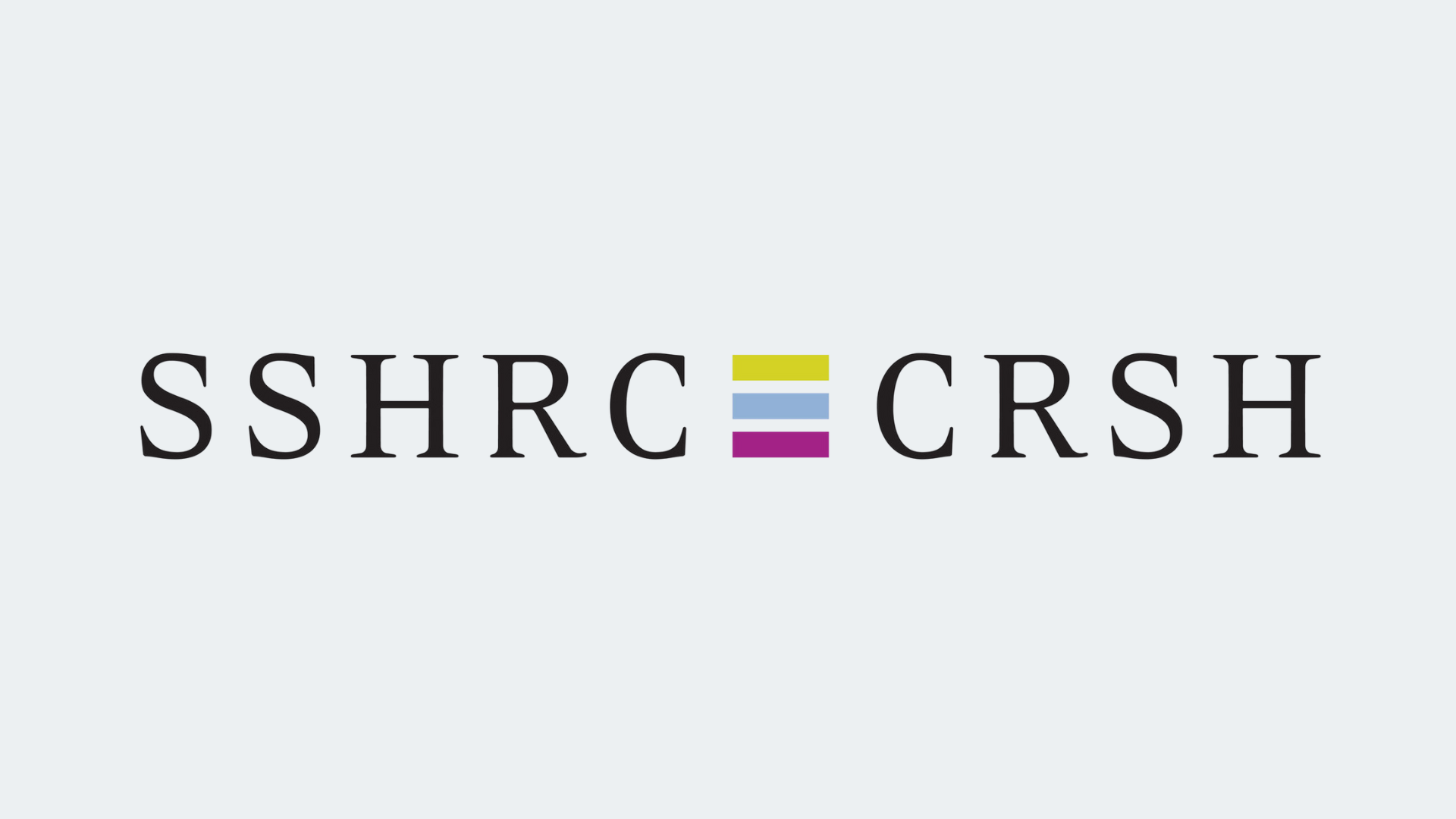Congratulations to Dr. Timothy Cheek and Dr. Anne Murphy on receiving 2023/2024 Social Sciences and Humanities Research Council (SSHRC) Partnership Development Grants. These Partnership Development Grants provide support for the development of research and activities such as knowledge mobilization and the involvement of emerging scholars. They are intended to fund formal disciplinary, interdisciplinary, interinstitutional, international and/or cross-sector partnership arrangements.
Learn more about their projects below.
Revisiting the Revolution: Engaging Chinese Scholarship through Collaborative Translation
Project PI: Timothy Cheek
This project engages work by scholars based in China and writing in Chinese on the history of China’s modern revolutions through collaborative translation of Chinese texts. These are works produced since the 1990s that predominantly focus on the history and activities of the Chinese Communist Party and the experience of people involved in, or living under, its rule. They also include other Chinese revolutionary movements.
The project embraces a two-fold overarching goal: first, to engage contemporary Chinese scholarship and scholars on the Chinese revolution and CCP history to deepen scholarly and public understanding of China’s government. Second, to forge and strengthen scholarly networks and relationships to enable collaborative knowledge production by teams of Chinese and Western scholars.
Co-directed by Timothy Cheek (PI and co-director at UBC) and Aminda Smith (co-director at Michigan State University), this three-year partnership involves a research team of eleven scholars and five partner organizations spread across North America, Europe, and Australia. As part of this meaningful partnership, each institution hosts a local lab, in conversation with the international team, so that knowledge is produced and mobilized from each location.
The Eradication of Caste: Building Community-University partnerships for Change
Project PI: Anne Murphy
“Caste” is an axis of discrimination on the basis of ancestry, and it impacts approximately up to 2.5 million South Asians in Canada (given the percentage of marginalized castes in South Asia itself). This Partnership Development grant builds on recent high-profile commitments in the US and Canada to the recognition of caste in discrimination policies in a range of domains, including municipal, institutional, and educational. It extends an existing partnership between the Chetna Association of Canada and the University of British Columbia to build knowledge and understanding of the experiences of Dalit community members, and of caste in Canada, and to promote awareness of caste discrimination.
“The Eradication of Caste” builds on the SSHRC Partnership Engage Grant-funded “Caste in Canada” project, which was completed in 2023 and led by Anne Murphy (UBC History) and Suraj Yengde (Harvard University), who work together to direct this Partnership Development project. The project has since expanded to include new partners and research programs to document a wider range of Dalit experiences and histories. It also extends our engagement with Dalit Canadian archival sources associated with a range of Canadian Dalit organizations, builds understanding of the range of Dalit organizations, and conducts interviews and questionnaires that document cross-caste understanding of caste in the Canadian context.
A component of the project involves raising awareness, through public-facing programs in person and online, and engagement within the University itself, with the goal of building recognition of caste discrimination into its discrimination policies. The partnership will enable the production of research for the scholarly community, within peer-reviewed journals, and for the public, through online and print publications and engagement with the media. It will also develop edited interviews to be published online, to give the public access to Dalit voices and experiences.
Funding will support the appointment of a Postdoctoral Fellow in Dalit Studies, supporting an emerging scholar for two years to engage in research and advocacy with the Project Directors, and the hiring of an undergraduate research assistant to build understanding of Dalit networks, edit interviews, and assist with interview and questionnaire analysis.


